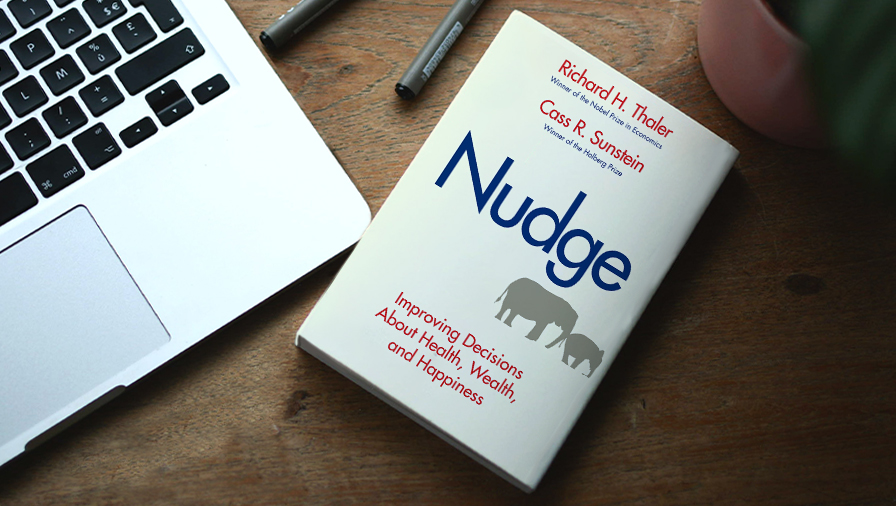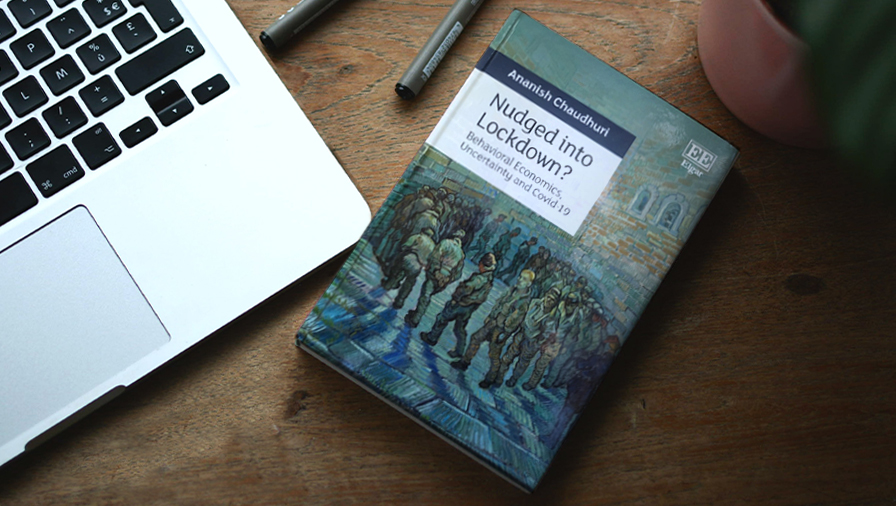Covid-19 lockdowns: Costs outweighed benefits
OPINION: A behavioural economist says public health response ignored basic human reactions.
OPINION: A behavioural economist says public health response ignored basic human reactions.
Researchers and academics typically wait for adequate data before drawing conclusions. But this also precludes them from having the opportunity to influence decision-making.
Over the past two years of the Covid-19 pandemic, informed alternative perspectives to public health decisions were dismissed, even vilified, and the vacuum was filled by cranks and charlatans.
The operative term is “alternative” as plenty of experts justified heavy lockdowns and other measures. A cynic might say government funding was a factor. Absent from the debate were those who warned of the economic and social consequences but who had no self-interest.
For a brief time in 2020, we heard from a group called Covid Plan B, based at the University of Auckland, but its voice faded due to the overwhelming public support for the initial response, and the election of a Labour-only government in October 2020.
That left only lobbyists for affected businesses and farmers questioning whether extreme lockdowns were the solution. Opposition politicians ventured into the affray with wavering views that included calls for even tighter restrictions and the building of expensive quarantine facilities.
In hindsight, with new cases of milder Covid variants reported daily in the thousands and a steady but reducing death toll, the over-reaction of those “elimination” days justifies a conclusion that these “extensive lockdowns will go down as serious mistakes and public health calamities.”

These are the words of a Covid Plan B member and Professor of Experiment Economics, Ananish Chaudhuri, who brings the discipline of behavioural economic analysis to a pandemic response dependent on epidemiology and medical capacity but lacking in basic economic and psychological concepts.
Bleak outlook
This is a big call but one that looks more convincing. The outlook for the economy is bleak, with rampant inflation and two major export-earning industries, tourism and international education, only just starting to recover.
Yet Chaudhuri’s data-rich evidence in Nudged Into Lockdown? was signed off to the publisher in July last year before inflation had emerged as one of the predictably dire economic consequences. The heavy cost of policies from the missing economic and psychological concepts are only now becoming apparent as various groups advocate for a greater slice of the pie in the coming week’s budget.
The most profound will be the overall drop in per capita GDP, reinforced by likely lowered life expectancy, inadequate treatment of screening and other diseases, delayed or abandoned vaccinations for polio, measles and diphtheria, mental health problems and self-harm, and adverse effects on educational outcomes.
All are what an economist would call the opportunity cost of closing much of the economy and building a government debt mountain for future generations that has ballooned from $57 billion in 2019 to an estimated $200b in 2023. (This has since been revised downward to a debt of $170b or 40% of GDP.)
Behavioural economics explains the failure to incorporate human response factors into the epidemiological models on which the lockdowns were based. Humans tend to focus on losses that are immediately in front of them rather than those that are more diffuse and dispersed in the background, even when they are larger.

Other studies reveal shortcomings in rational decision-making in assessing risk and probabilities. These have produced a broad range of books that are widely known: Daniel Kahneman’s Thinking, Fast and Slow; Blink by Malcolm Gladwell; Nudge, by Richard Thaler and Cass Sunstein; two works by Gerd Gigerenzer, Gut Feelings and Risk Savvy; and Predictably Irrational, by Dan Ariely.
Overstated projections
It was easier to justify lockdowns based on “saving lives” when faced with statistically high but overstated death projections. It was said no cost was too much in doing this, though calculations on the costs of lives are common for purposes such as insurance or building roads.
Chaudhuri argues public opinion demands moderation when costs vastly outweigh benefits. The Government did not act moderately until Omicron was endemic in the community, finally forcing the vast bureaucracy of the MIQ system to be dismantled without any effect on the fatality rate or hospital overload.
Another contentious claim is that the lockdown proponents started from the viewpoint that people couldn’t be trusted and should be coerced en masse into quarantine or managed isolation under threat of punishment. The regulations prioritised some lives over others, while opponents were accused of being guilty of the same thing.
The plight of bankrupted family-owned businesses, farmers who couldn't harvest their crops and migrant workers left in limbo were just some examples of human rights and freedoms being trashed.
Chaudhuri argues behavioural economic studies show high trust factors in countries such as New Zealand, and that punishing the odd offender is much more cost-effective than condemning the many. He canvasses the use of police powers and other legalities of the lockdowns, which the courts have since found to be deficient, and reveals the Government even attempted to suspend the Official Information Act.
These may have passed from public memory but they reveal a worrying trend in how far governments are prepared to go before public opinion turns. Few today would disagree with this judgment: “The Government could have saved themselves an enormous amount of angst by simply saying they were going to do their best to keep their citizens safe.
“However, the harsh glare of the global spotlight and the degree of public adulation made it imperative that the Government keep doubling down on elimination, which meant every breach was a source of embarrassment and proof of ineptitude.”

Overseas comparisons
Chaudhuri’s audience comprises international academics, and he constantly compares New Zealand’s response with those taken overseas. This is instructive on both political and economic grounds.
Quoting from studies, he says people are grouped into four quadrants: social and economic conservatives; and social and economic ‘progressives.’ Politically, lockdowns were supported by social conservatives and economic progressives, but for different reasons. Conservatives sided with Covid measures on traditionalist grounds of obeying authority; progressives favoured big government in whatever form. Opposed to lockdowns, radical progressives and libertarian conservatives both rejected the threats to individual freedom.
Countries throughout the developed world took varying stances, from Sweden with its rejection of lockdowns, to those of Australia’s Labor governed states and New Zealand.
In the end, the health outcomes were much the same, but not the economic impact. Most countries used expansionary fiscal and monetary policies that fuelled an asset bubble in the housing market and in stocks. Some even turned to Modern Monetary Theory, with its promise of endless government spending.
Like all mainstream economists, Chaudhuri foresaw the dangers of runaway inflation, currency devaluations and real wage declines, just as South American countries had done in previous years.
“The expansionary monetary policies will certainly create further wealth inequality, and, so, the unadulterated support for the same from progressive politicians seems anathema,” he warns.
That conclusion is likely to be ignored on the left, as are the consequences stated by one signatory of the Great Barrington Declaration, which at the pandemic’s outset warned that the effects of the lockdowns would be more wide-ranging than the use of poison gas in World War I and the nuclear bomb in World War II.
Nudged Into Lockdown? Behavioural economics, uncertainty and Covid-19, by Ananish Chaudhuri (Edward Elgar Publishing). Available as an eBook or from ww.e-elgar.com.

Nevil Gibson is a former editor at large for NBR. He has contributed film and book reviews to various publications.
This is supplied content and not paid for by NBR.
Sign up to get the latest stories and insights delivered to your inbox – free, every day.